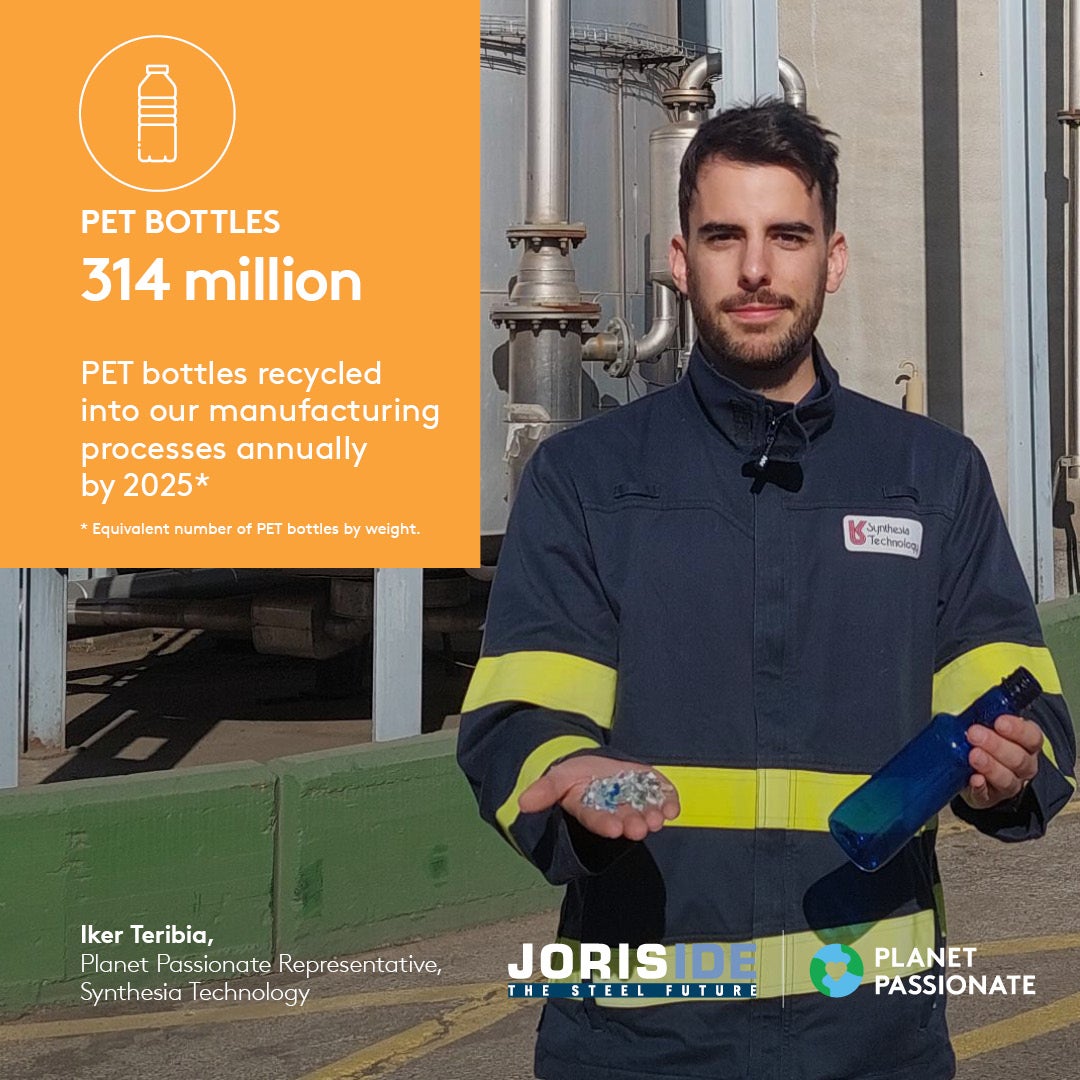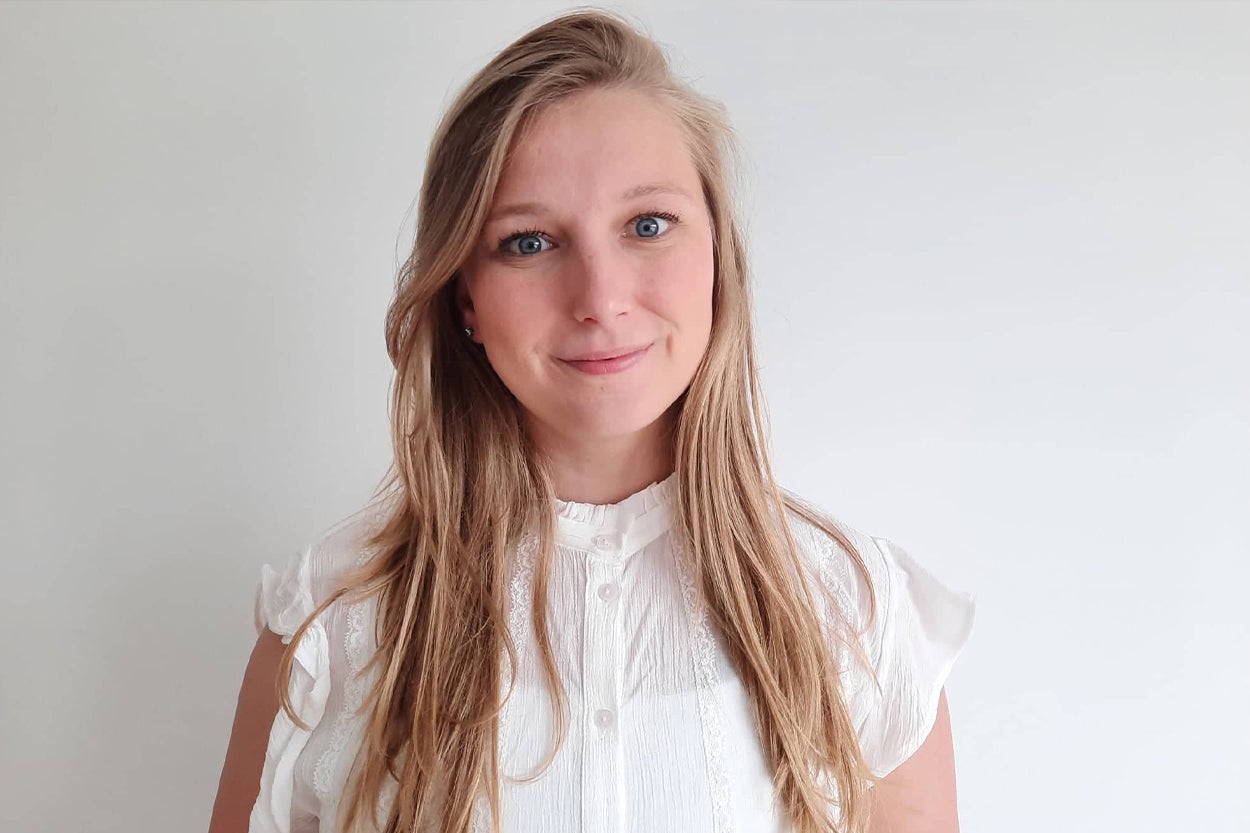Circularity : Joris Ide incorporates more recycle materials in sandwich panels

Joris Ide Group, a leading manufacturer of high-performance building solutions for roofs and walls, continues to drive sustainability forward by increasing the use of recycled materials in the foam used for its sandwich panels. By incorporating post-consumer PET waste into its manufacturing processes, the Group is reducing its environmental footprint while maintaining the high quality and performance of its insulation solutions.
This initiative is made possible through a collaboration with Synthesia Technology, a specialist in chemical products, polyester polyols, and polyurethane systems. At its facilities in Barcelona, Spain, Synthesia transforms post-consumer PET waste into polyester polyols, which are then used in the production of thermal insulation and insulated panel products across the Group.
By repurposing waste PET, Joris Ide Group not only diverts plastic waste from landfills and oceans but also lowers its dependence on virgin raw materials. Given that the construction industry consumes approximately + 40 billion tonnes of resources annually, integrating recycled and bio-based materials into building solutions plays a crucial role in advancing sustainability.
As part of ongoing efforts to enhance circularity within the Planet Passionate programme, the Joris Ide Group has now achieved its goal of recycling 314 million PET bottles annually in its processes. This milestone highlights the group’s commitment to reducing waste and continuing to innovate in more sustainable building solutions.
The integration of recycled materials into our insulated products is a significant step in our ongoing commitment to circularity and represents a huge step for our Planet Passionate program. This progress underscores the dedication of our teams and our investment in advanced recycling technologies.

As the demand for sustainable solutions continues to grow, we are proud to contribute technologies that support the construction industry’s transition to a circular economy.